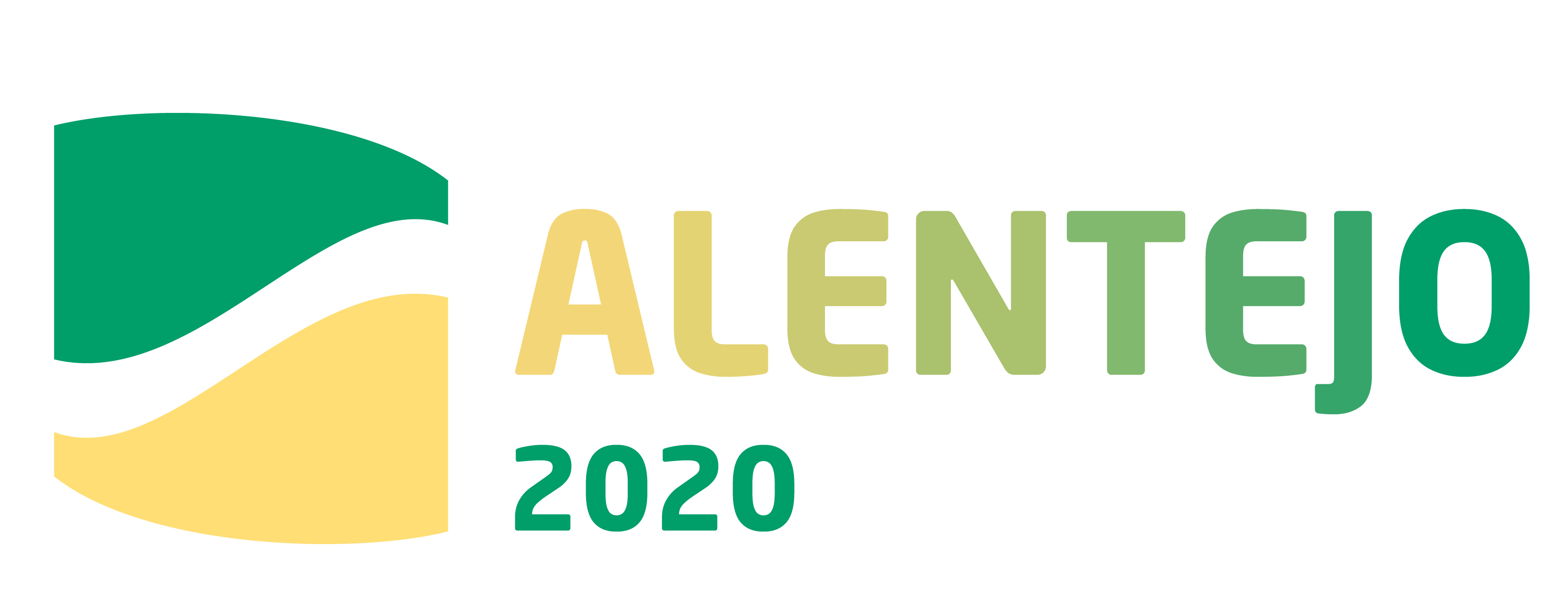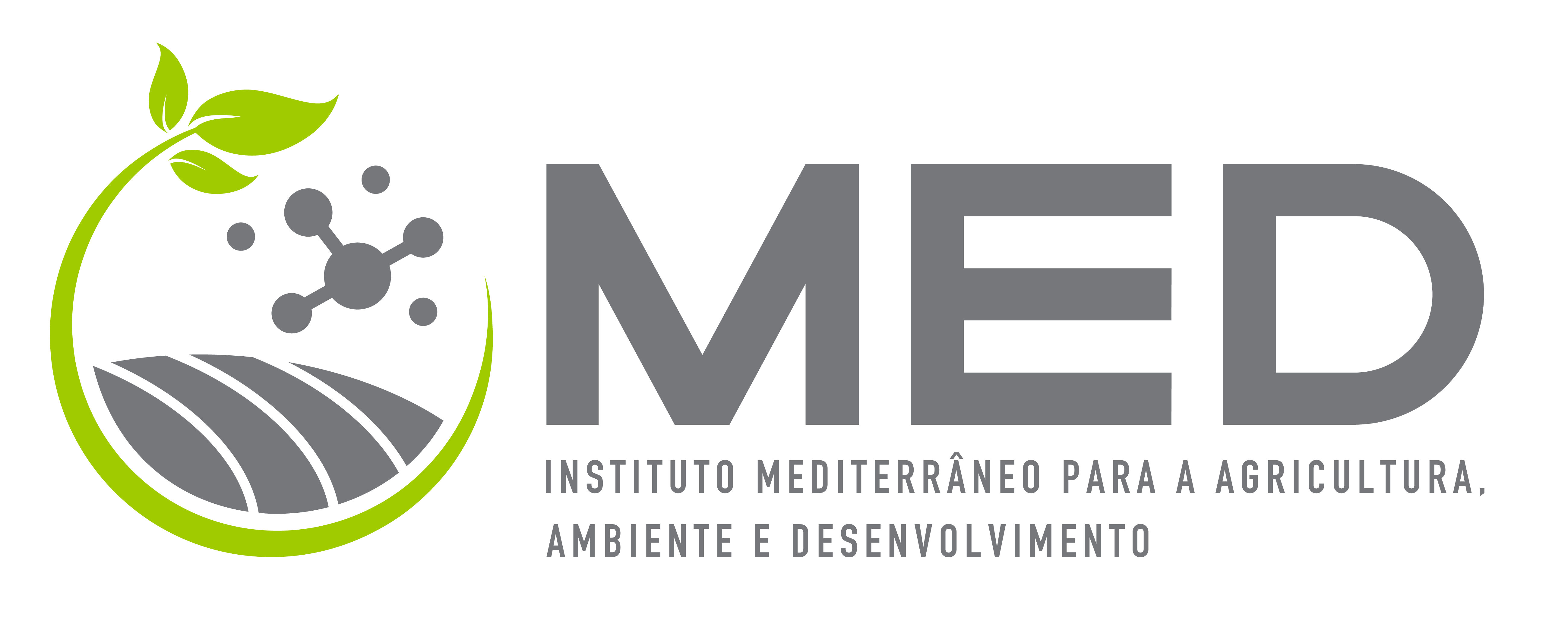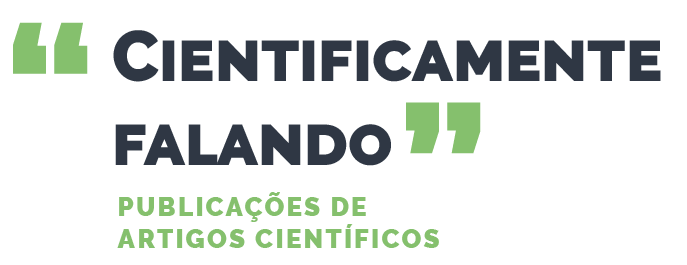EN | PT
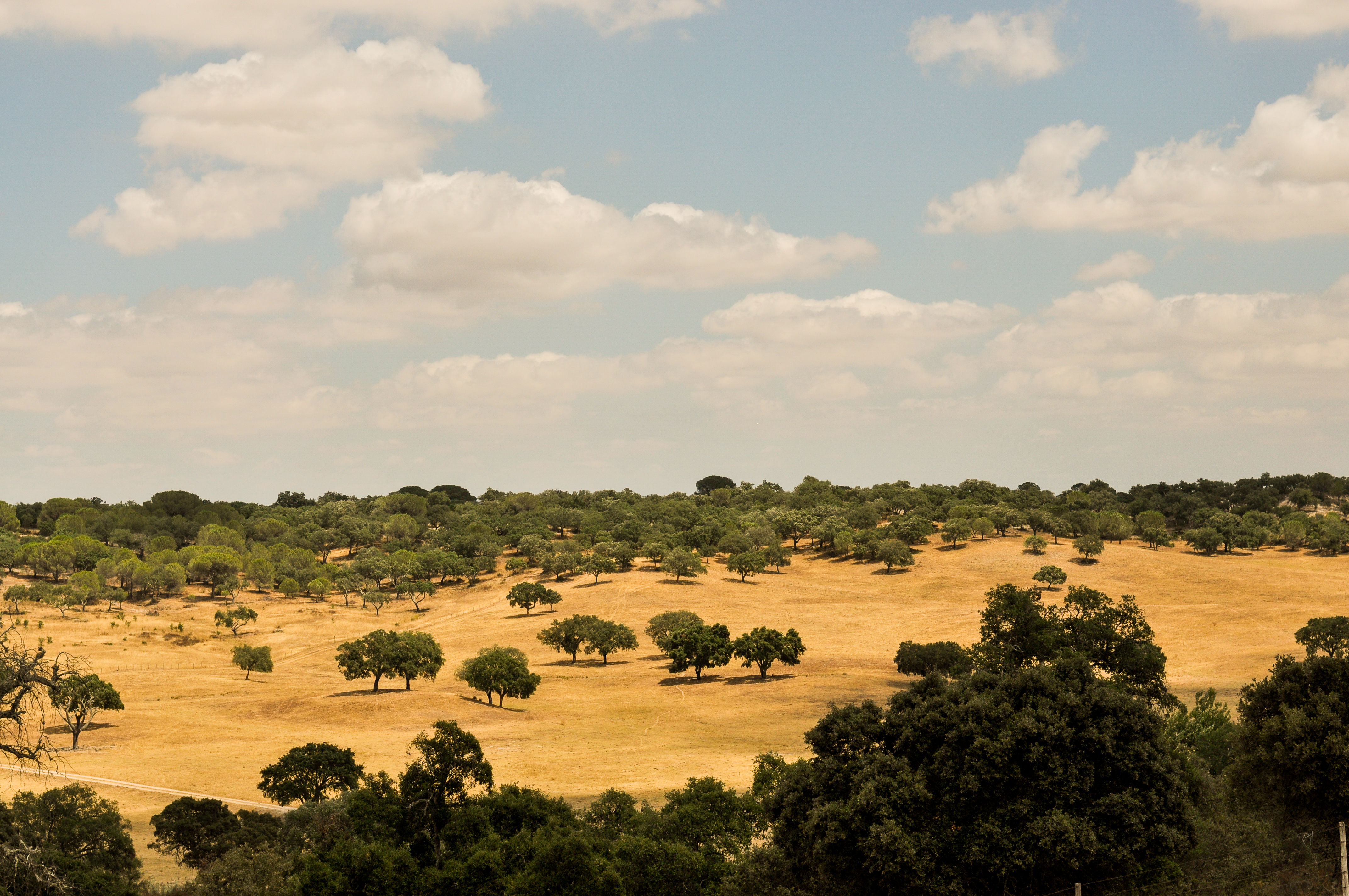 |
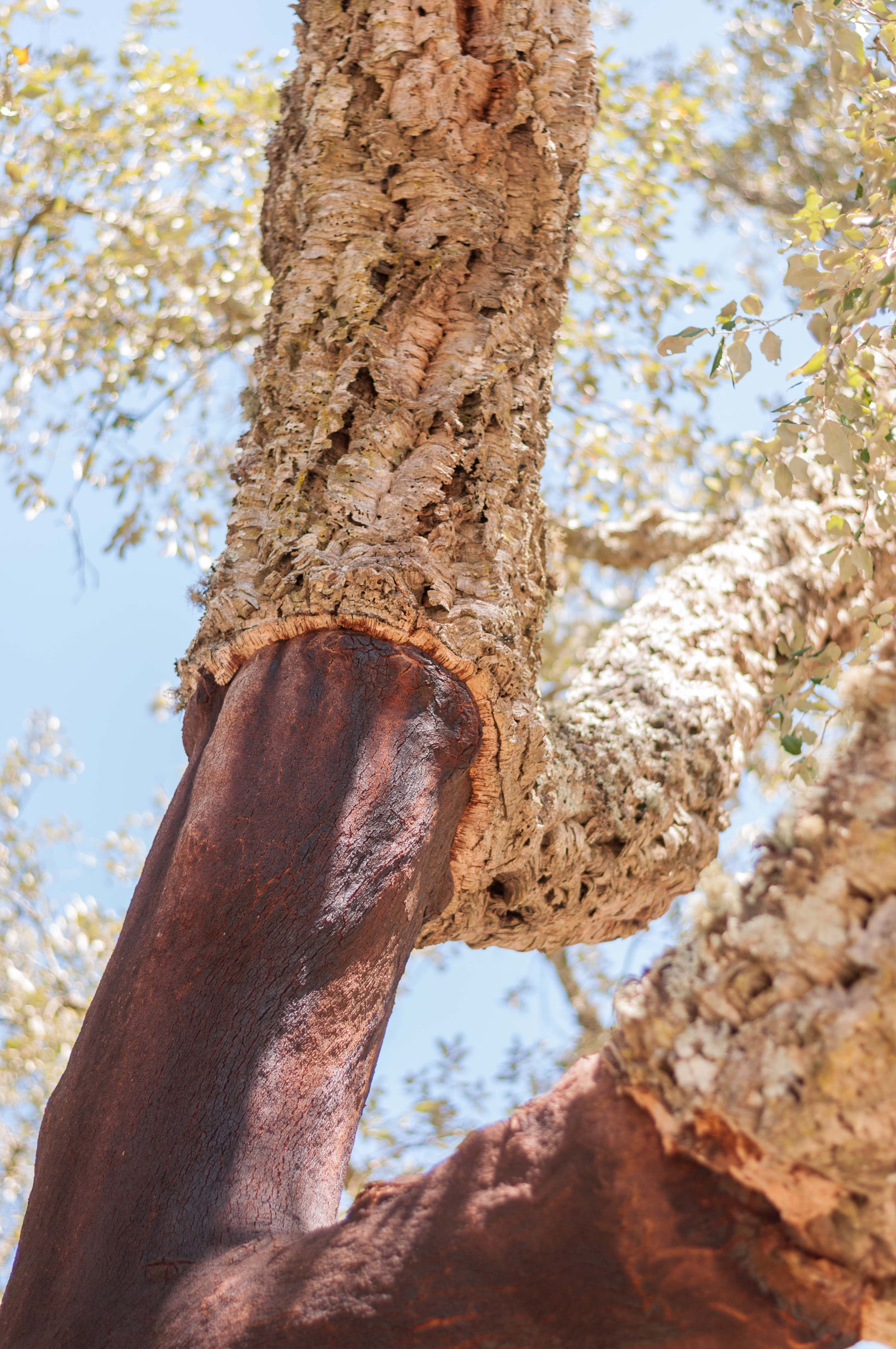 |
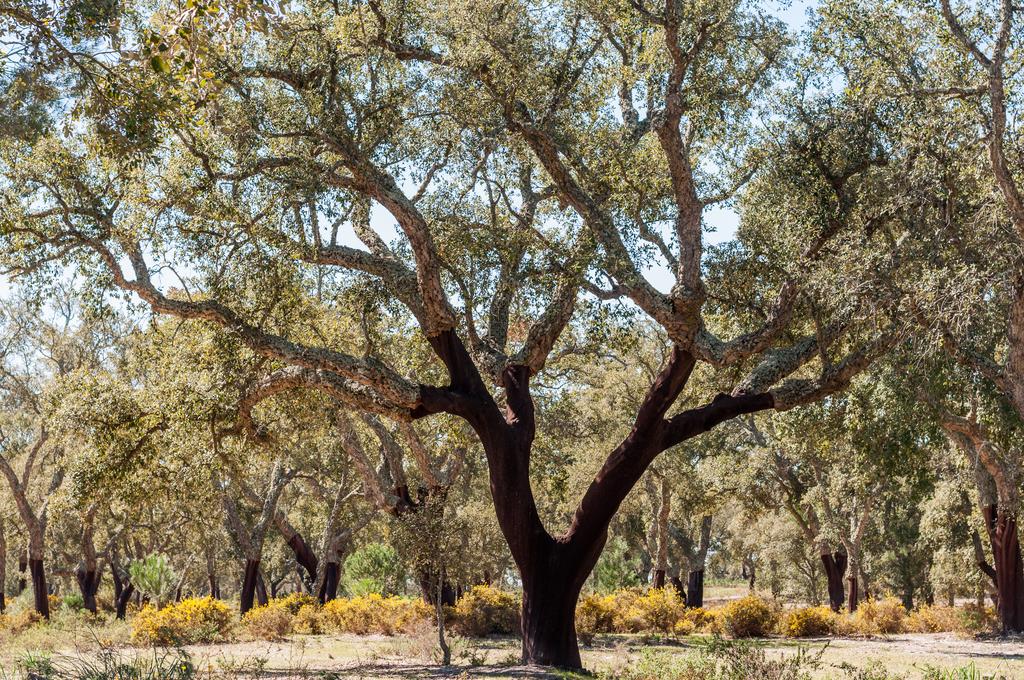 |
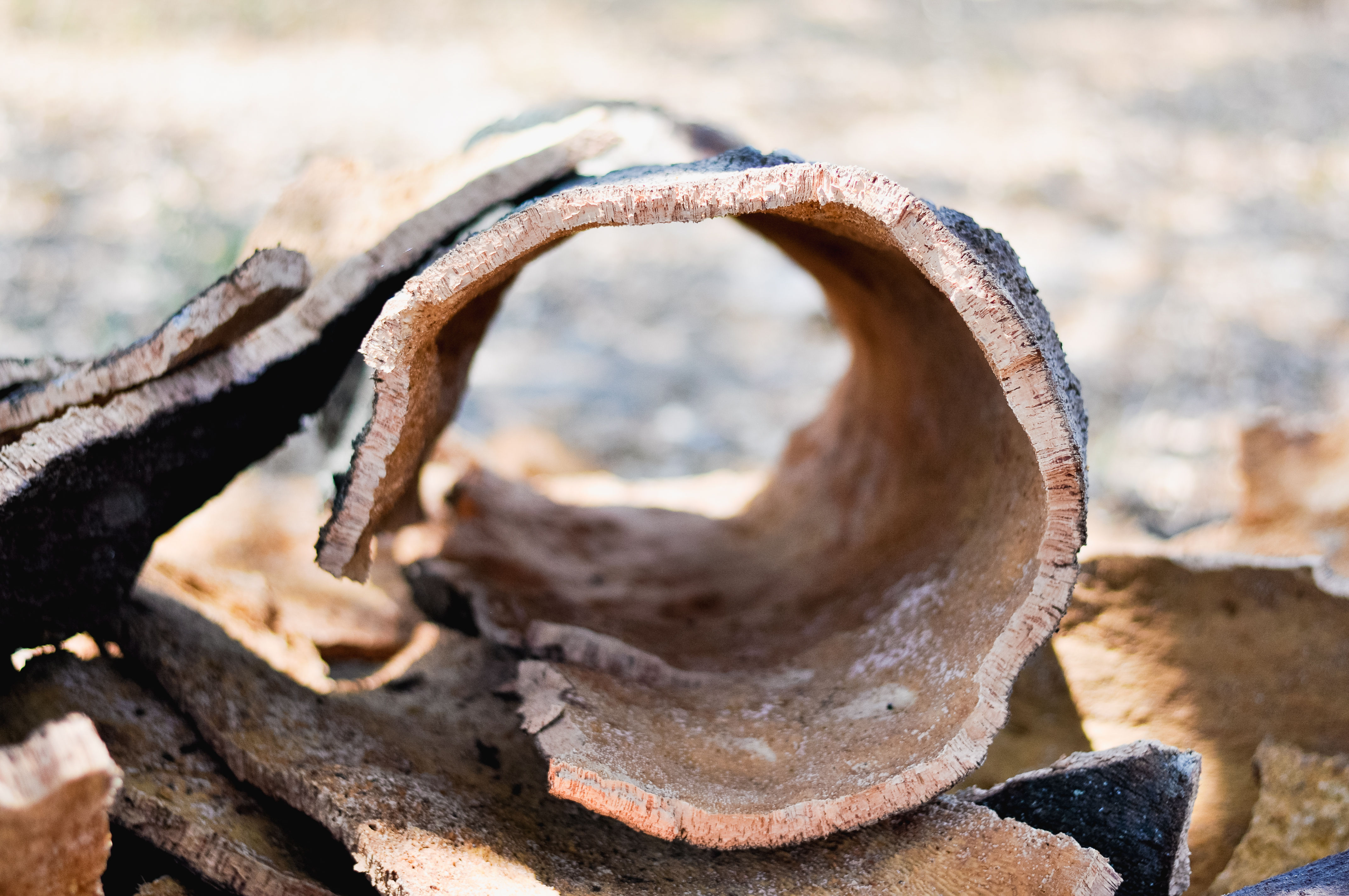 |
_________________________________________
 |
General information - TeamCork oak draft genome - Cork oak F1 populationPublications - Quercus Resources |
 |
_________________________________________
In Portugal, cork oak (Quercus suber) has a significant social, economic and environmental impact, and represents 26% of the total forest area. In the Western Mediterranean, four countries (Portugal, Spain, Morocco and Algeria) account for approximately 90% of the total cork oak area. This unique and emblematic tree is a key player of the “montado” ecological system, where it contributes to the survival of many native animal and plant species, while also preventing desertification in vulnerable areas.
The availability of a sequenced genome is crucial, in order to address the challenges presently affecting cork oak. Topics related to cork oak biology, cork development and quality, and resistance to (a)biotic stress conditions will greatly benefit from the cork oak genome sequence. In the coming years, the genome sequence will also enable the development of cork oak trees with genetic profiles associated with better productive performances, laying the foundation for implementing state-of-the-art genetic breeding schemes, as well as translating this knowledge into applications leading to increased productivity and improved forest management practices.
Genosuber was created as a Portuguese research project focused on sequencing the complete genome of cork oak, the Portuguese national tree, as declared by the government in December 2011. The draft version of the cork oak genome was made available in the beginning of 2018. Currently, the team is developing an improved version of the cork oak genome, and generating a comprehensive characterization of the mechanisms involved in cork formation and quality. These results will be released later in 2018.

Cork oak HL8, the tree used for genome sequencing
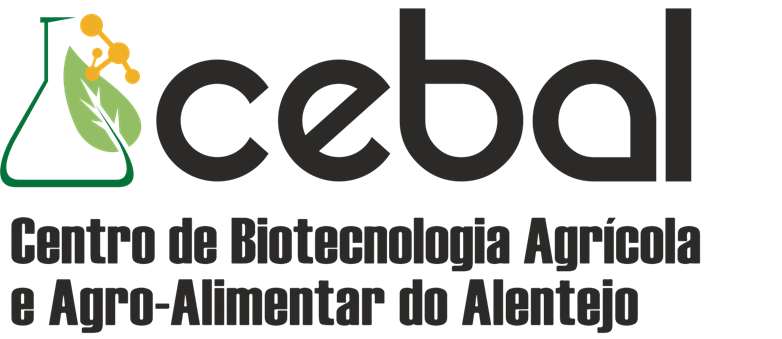 |
 |
 |
|
|





